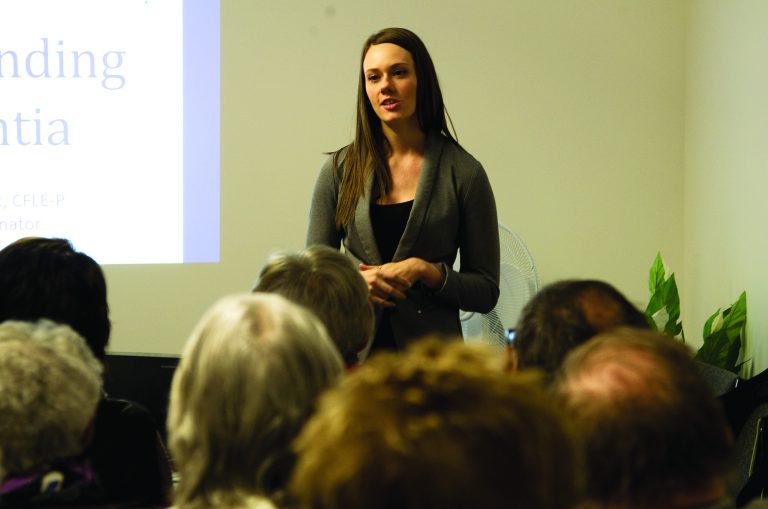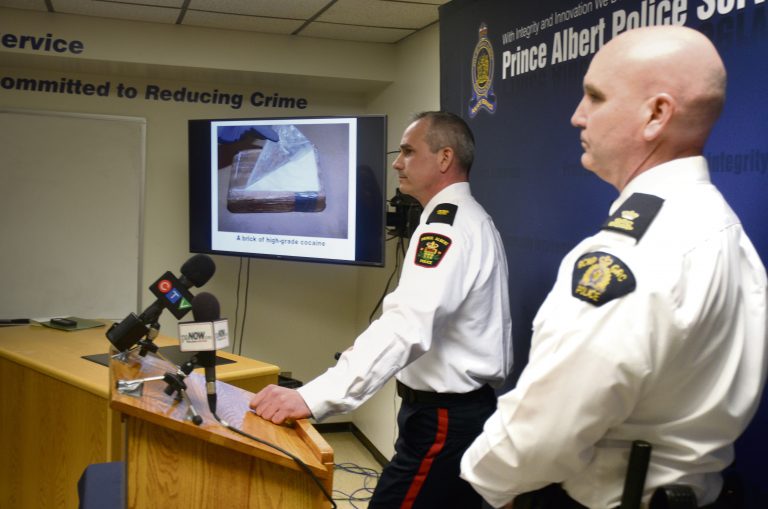The Province of Saskatchewan has announced plans to centralize and consolidate the 12 regional health authorities into one provincial body.
Many cheered the decision, saying it would mean less money for administration.
Others criticized it, saying it would result in job losses and poorer care.
Saskatchewan isn’t the first province to go down this road.
Alberta has been experimenting with different levels of consolidation or un-consolidation for several years.
While a short time ago they moved to more centralization, recently, they’ve been looking to undo that trend.
That’s not just an NDP initiative. The former ruling PCs were looking at it too.
The reason was simple. The centralized system wasn’t working because, especially in smaller communities, needs weren’t being met.
There’s no question that health care is very expensive. The government is right to look at ways we can save money on administration so more can be directed to patient care.
However, the jury is still out on whether centralization has that effect.
As the Alberta experiments showed, the needs of smaller communities can become lost when all the power is centralized in the provincial capital.
But that’s not the only concern.
The province-run ambulance system is hugely unpopular in communities of all sizes. The major urban centres don’t like it any more than the smaller cities and little towns. And those smaller municipalities? They hate the system.
The reason is in the Alberta model, ambulances are seen geographically as serving centres, even if their paid, operated, and staffed by individual municipalities.
So if the province needs to reallocate some ambulances due to a patient transfer, a smaller community’s sole full-time ambulance could be down the road elsewhere, leaving no staffed vehicle within a 20-30 minute radius.
That 20-30 minutes can be a matter of life or death. And sometimes, ambulances would take 40 minutes or longer to respond to a scene of an accident, in a community as large as 16,000 residents.
Switching back to Saskatchewan, the province wants to have the new health authority in place by this fall. That seems awhile away, but to overhaul the most complex, and arguably most important, provincial system, is a huge job.
The EMS plan looks like the first priority after that transition.
While this could be the transformational change the Sask Party is hoping for, it could also be the biggest disaster the provincial health care system has ever seen.
We’re not saying it’s going to go one way or another.
We are saying that the province should take its time to make sure this is done right.
Rushing into a new system, even if it is a good system, will cause that system to fail.
Our health care isn’t something to experiment on, and it’s not the place for rushed transitions.
We hope the province takes its time through this transition. It’s decided on centralization. Fine. We just want to make sure the health department takes the time it needs to do this right. And that it looks to what other provinces have done so we don’t make the same mistakes others have.
The precedents are there. It’s cliché, but only time will tell if this plan will work.
Let’s take the time to make sure we don’t make any huge mistakes.
Daily Herald














